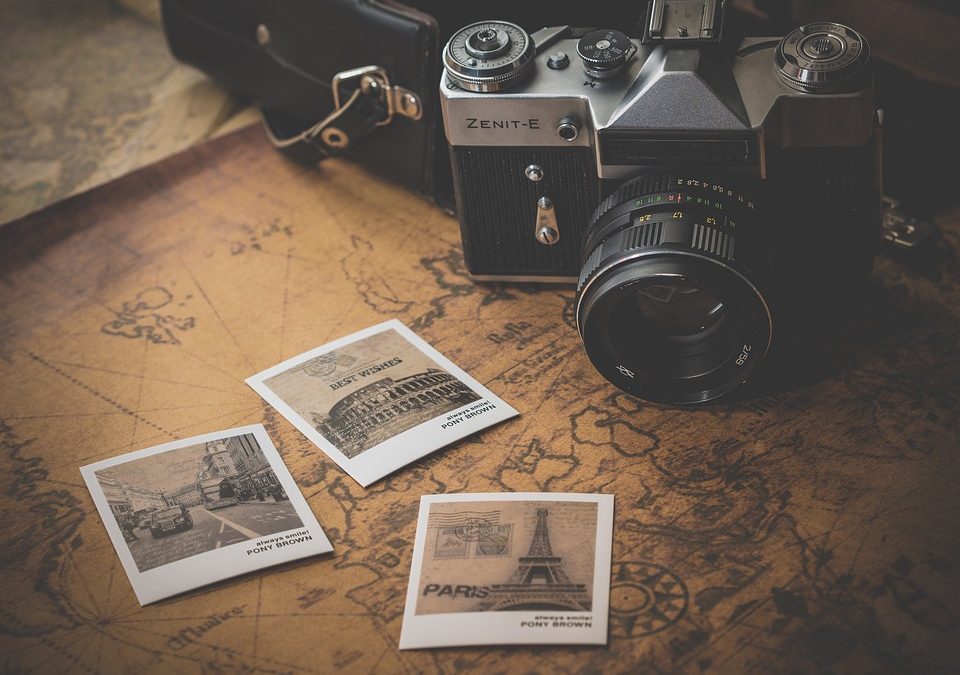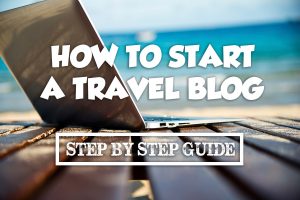The last time you went on vacation or traveled for work, how much time did you spend packing? And how many bags did you end up with?
If you’re like most travelers, you don’t spend much time thinking about maximizing the space of your luggage or minimizing the number of items you bring; instead, you have a list of “must have” items, and you fill in the gaps with other things you think you might need for the trip.
Minimalist travelers, on the other hand, focus on packing as little as possible when preparing for a trip. So what’s the advantage of this approach, and how can you adopt it for yourself?
The Benefits of Minimalism
Let’s start by looking at some of the benefits of minimalist packing:
- Lower fees. The average fee for a checked bag is now $25 for your first bag and $35 for your second. Packing fewer items, and needing fewer bags means you’ll end up paying less money to travel. Even if you’re driving, packing less can reduce the weight in your vehicle (and ultimately, your fuel costs).
- Easier transportation. Carrying one shoulder bag around a busy airport is much easier than trying to pull two or three bags behind you. Packing minimally makes walking around with your luggage that much easier.
- Fewer distractions. Heading to a new destination with fewer items in your bag means you’ll have fewer distractions. For example, not having a book to turn to means you’ll be forced to interact with the people around you or venture out into the city. Not having a camera can force you to truly appreciate your surroundings as they are (and possibly form better memories while you’re at it).
- Less to keep track of. Packing fewer items means you’ll have fewer items to repack when it’s time to head home. You won’t have to run down a massive checklist to ensure you haven’t left something behind in the hotel; you can get packed in the span of a few minutes and head out confidently.
- More space for souvenirs. If you’re traveling for fun, and you pack fewer items in your bag, you’ll have more space to bring items home with you. In some cases, this can also help you save on shipping costs.
- Mitigated risk. The odds of having a major airline lose your luggage are pretty low; there are only 3 reports of lost luggage for every 1,000 passengers, but that’s not a negligible risk. You also have to consider the possibility of a thief making off with your belongings. Taking fewer things with you means a lower risk of losing them.
Tips to Get Started
So what can you do to start your journey as a minimalist traveler?
- Focus on the essentials. And by “essentials,” we’re referring to the real essentials. You don’t need to bring ten different outfits if you’re only going to be gone for four days, nor do you need every item in your bathroom if you’re going on vacation. Subscribe to a service like Ben Lido, which will send you travel supplies at regular intervals, so you can focus on the true essentials, rather than on what you think you need.
- Reduce your number and size of bags. Start by reducing the number of bags you travel with for a fixed period of time, then reduce the size of those bags. We tend to pack for whatever space we allow for ourselves, so if you give yourself a smaller space to start with, you’ll tend to pack a smaller number of items.
- Avoid packing “maybe” items. “Maybe” items are items you might need, but only in a very specific situation. For example, you might pack an umbrella in case it rains, or an extra book in case you finish your first one. Be proactive to calculate the real risks of encountering these situations, but don’t err on the side of caution; in a worst-case scenario, you can probably buy the item you need for less than $10 at your final destination.
- Force yourself to make cuts. You can also pack as normal, but then force yourself to cut a quarter to half of what you’ve already packed. It’s an aggressive strategy, but one that will force you to evaluate the necessity of each item in your bags.
Even if you’ve spent your life overpacking, it’s possible to adjust your habits, so you minimize the number of items you bring on any journey—whether it’s personal or professional. It might be tough at first, but once you get used to the benefits of packing light (and get comfortable with the idea that you don’t need much to enjoy your trips), it’s going to get easier and easier.




